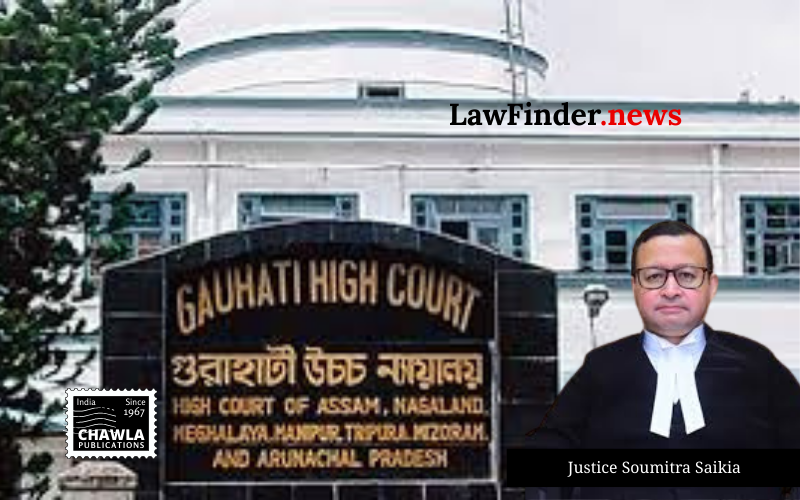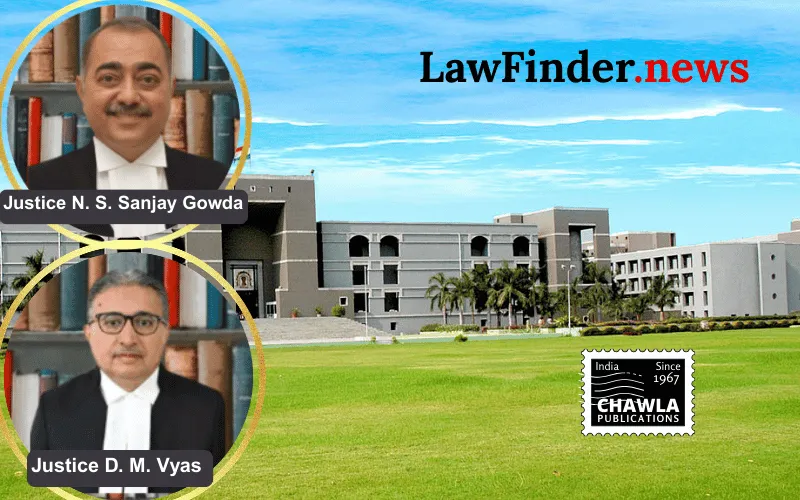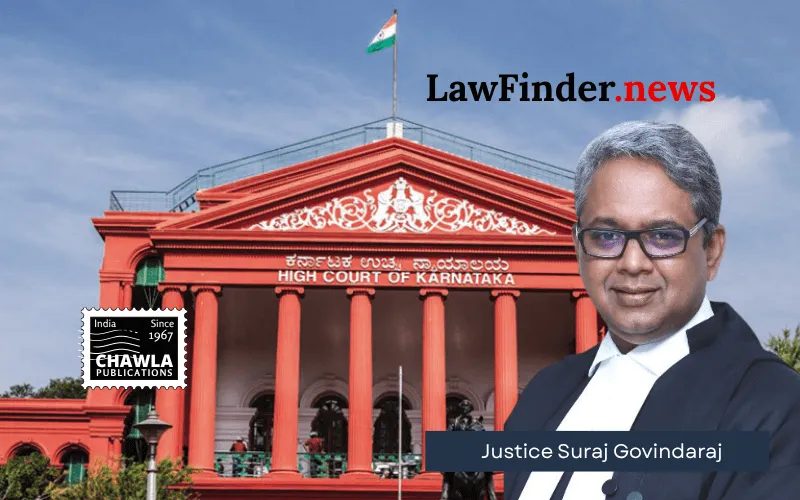Failure to Follow Mandatory Procedures Under Section 61 of CGST Act Leads to Nullification of Tax Demand Notice
In a significant ruling, the Gauhati High Court has annulled a demand-cum-show cause notice issued to M/s. Pepsico India Holdings Pvt. Ltd., citing non-compliance with mandatory procedural requirements under the Central Goods and Services Tax Act, 2017. The notice, dated September 5, 2023, was based on alleged discrepancies in the company’s annual returns, specifically regarding the wrongful availment of Input Tax Credit (ITC).
The petitioner, Pepsico India Holdings, argued that the notice was issued without adhering to the statutory mandate prescribed under Section 61 of the CGST Act, which requires the issuance of a notice in Form GST ASMT-10 to inform the taxpayer of any discrepancies in their returns and seek explanations. The court found that the proper officer failed to issue this mandatory form, thereby invalidating the jurisdiction to proceed with the show cause notice under Section 73.
Justice Soumitra Saikia, presiding over the case, emphasized the importance of following procedural norms laid out in the GST legislation, highlighting that the scrutiny of returns is governed by Section 61, which mandates the issuance of a discrepancy notice in Form GST ASMT-10. The court ruled that without fulfilling these prerequisites, the proceedings under Section 73, aimed at recovering wrongly availed ITC, were unauthorized.
The judgment drew parallels with a decision by the Rajasthan High Court, which was affirmed by the Supreme Court, reinforcing the legal position that jurisdiction under Section 73 of the CGST Act cannot be invoked solely based on discrepancies found in returns without complying with Section 61's requirements.
Additionally, Pepsico India Holdings contended that the information sought under Table 14 of Form GSTR-9C was optional, as per various notifications issued by the Central Board of Indirect Taxes and Customs (CBIC). The court acknowledged these notifications, further undermining the grounds of the show cause notice.
The ruling underscores the binding nature of departmental circulars and notifications on revenue authorities, confirming that any deviation from prescribed procedures renders subsequent actions void. The court also dismissed the respondents' argument regarding the availability of alternative statutory remedies, affirming that judicial review under Article 226 is viable when jurisdiction is exercised contrary to statutory provisions.
This judgment serves as a reminder to revenue authorities to adhere strictly to statutory processes and highlights the judiciary's role in ensuring compliance with legislative mandates. The decision protects taxpayers from arbitrary and unauthorized proceedings, reinforcing procedural safeguards in tax administration.
Bottom Line:
GST Law - Mandatory compliance with Section 61 of the CGST Act and Rule 99 of the CGST Rules required before invoking jurisdiction under Section 73 of the CGST Act - Failure to issue Form GST ASMT-10 violates statutory mandate.
Statutory provision(s): Central Goods and Services Tax Act, 2017 Sections 61, 73; Rule 99 of the CGST Rules; Article 226 of the Constitution of India.
M/s. Pepsico India Holdings Pvt. Ltd. v. Union of India, (Gauhati) : Law Finder Doc Id # 2786318




